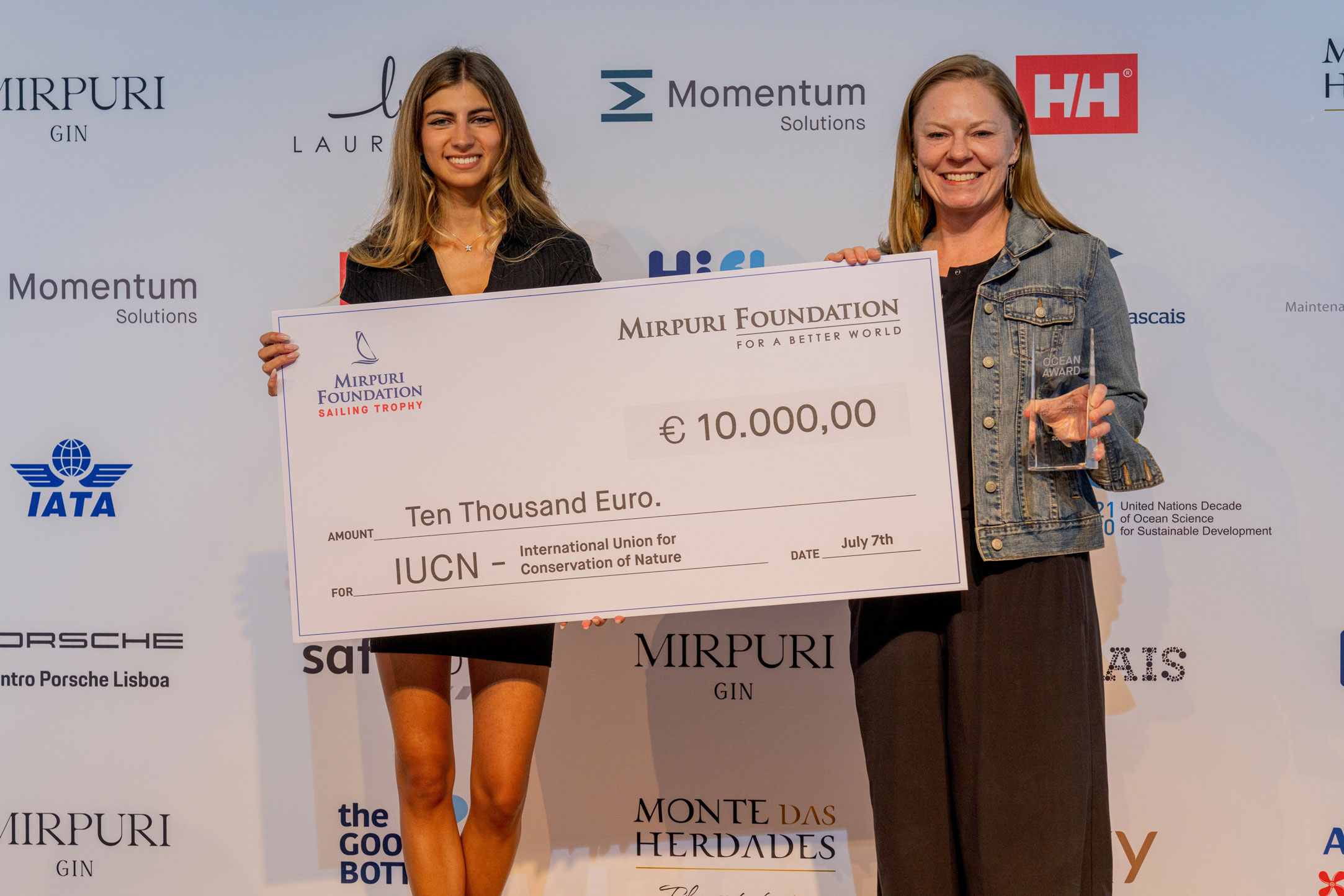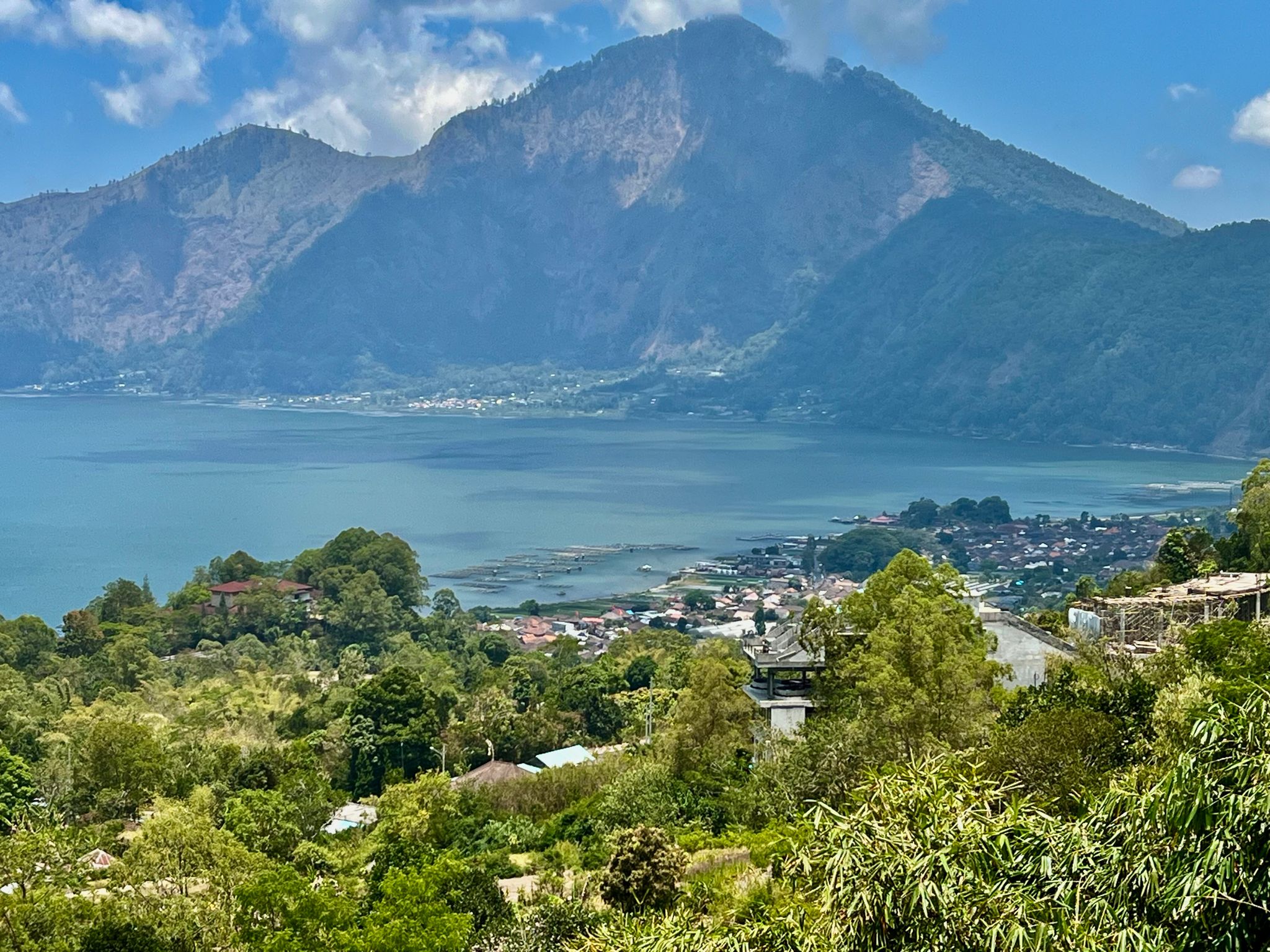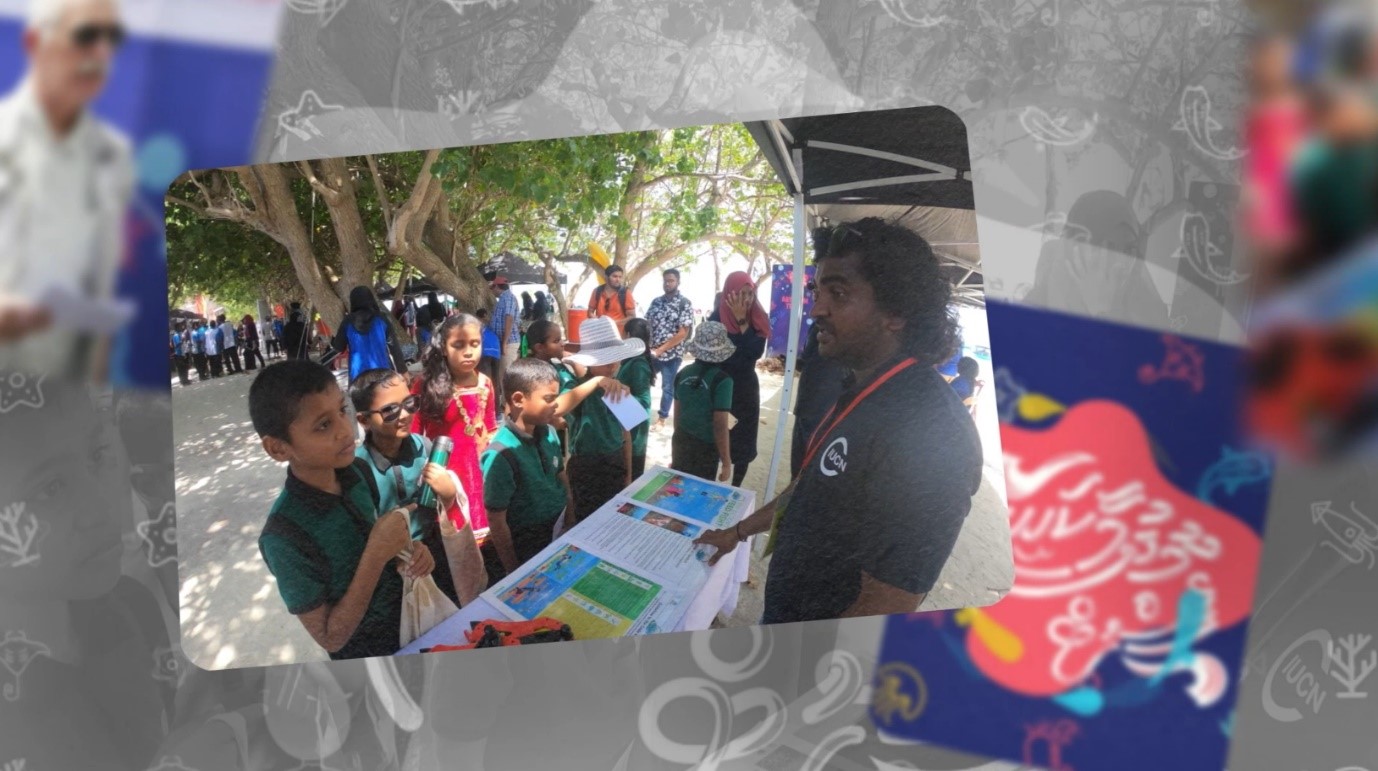Navigating the Bay of Bengal through collaboration: BOBLME II sets sail
In a significant step toward safeguarding the marine ecosystem in South and Southeast Asia, the Bay of Bengal Large Marine Ecosystem Project Phase II (BOBLME II) officially kicked off with an inception workshop held from 12 – 14 December 2023 in Bangkok, Thailand. With funding from the Global Environment Facility (GEF) - International Waters and the Norwegian Agency for Development Cooperation (Norad), this five-year collaborative project aims to tackle urgent challenges and promote sustainability in the region.
The inception workshop brought together government representatives from the fisheries and environment sector in seven countries – Bangladesh, India, Indonesia, Malaysia, Maldives, Sri Lanka, Thailand, as well as representatives from the Food and Agriculture Organization of the United Nations (FAO), Bay of Bengal Programme – Intergovernmental Organisation (BOBP-IGO), Norad, and the Southeast Asian Fisheries Development Center (SEAFDEC).
In line with the BOBLME Strategic Action Plan (SAP) developed in the previous phase, BOBLME II initiates a forward-thinking programme and effort to address the complex challenges in the Bay of Bengal through developing an effective multi country governance arrangement to improve sustainable fisheries, protected areas management, regional species conservation, while at the same time build coastal community resilience.
Key objectives of the project include i) implementing comprehensive measures to conserve and sustainably manage the Bay of Bengal's diverse marine ecosystem, ii) mitigating the adverse effects of human activities on marine biodiversity through targeted interventions, iii) piloting livelihood diversification for women in selected coastal communities, iv) enhancing regional capacities in cutting-edge practices such as marine spatial planning and blue carbon initiatives, among others.
Noting that relevant ecosystem services are worth an estimated USD 240 billion over the next 25 years, Dr Dindo Campilan, IUCN Regional Director for Asia and Hub Director for Oceania, opened the workshop emphasising the need to halt current rates of coastal and marine ecosystem degradation as well as biodiversity loss.
BOBLME II builds on the outcomes and takeaways from BOBLME I (2009 to 2015), which focused on foundational knowledge generation, capacity development, and fostering cooperation among partners and countries. The initiative successfully identified transboundary issues and formulated a Transboundary Diagnostic Analysis (TDA), culminating in the endorsement of the SAP in 2015.
The workshop further identified areas for collaboration and focus sites aligned with national priorities, established the Project Steering Committee, and had the Year 1 workplan as well as relevant activities and budget approved by the Committee. The meeting reports, encompassing recommendations and discussions from the Regional Inception Meeting and the First Regional Project Steering Committee Meeting, will be documented and subsequently shared with donors and PSC members.



